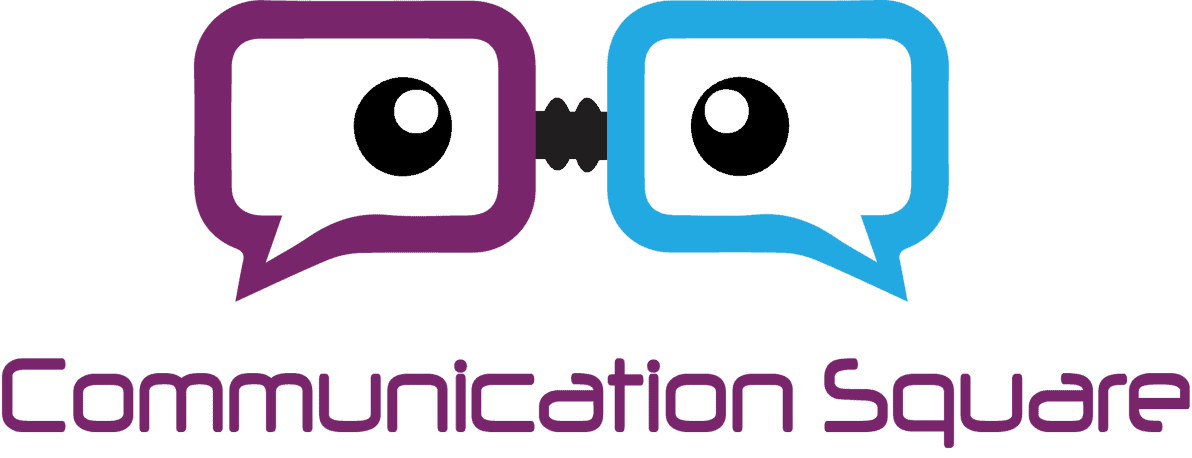Businesses are constantly challenged to keep their technology up to date. Legacy systems, once the backbone of many organizations, now pose significant hurdles in terms of compatibility, maintenance costs, and agility. This guide delves into the steps and approaches to modernize legacy systems, highlighting the crucial role of software modernization company - Sombra, and the implications on software development costs.
Understanding Legacy Systems
Modernizing legacy systems means upgrading them to respond to current needs and leverage new technological opportunities. Despite its critical importance, many companies underestimate the benefits of modernizing legacy applications and the costs associated with delaying this process. Modernization is not just about keeping up with technological advancements but also about reducing operational costs, which can be significantly impacted by technical debt. Legacy systems are software solutions designed for a past era, now struggling with the rapid advancements in hardware, security standards, and changing market demands. These systems are characterized by reduced compatibility, escalating maintenance costs, increasing security vulnerabilities, and accumulating technical debt. The monolithic architecture of older software makes it difficult for businesses to adapt swiftly in a dynamic market.
The Imperative for Legacy System Modernization
Modernizing legacy systems means transforming them to respond to current needs while leveraging new technological opportunities. Despite the critical importance of legacy application modernization, many organizations overlook the potential return on investment it offers. Technical debt, which accumulates over time, not only hampers agility but also leads to significant financial implications. Modernization is projected to reduce operating costs significantly, enhancing overall business efficiency.
The Financial Impact of Technical Debt
Technical debt, an inevitable part of software development, can become a major cost factor if not managed properly. Excessive technical debt hinders agility and consumes IT budgets, as development teams spend more time on maintenance than on new feature development. Modernizing legacy systems can lead to a significant reduction in operating costs, enhancing overall business efficiency.
Cloud Computing and Modernization
Legacy application modernization is often linked with a shift to cloud computing. With a 37% increase in enterprise spending on cloud services in 2021, the adoption of Platform-as-a-Service (PaaS), Infrastructure-as-a-Service (IaaS), and Software-as-a-Service (SaaS) is surging. These models offer scalable, on-demand services with lower overhead compared to traditional data centers, facilitating the adoption of DevOps practices for faster, more reliable, and secure software development.
Changing Architectural Landscape
The choice of a modernization approach depends on numerous factors, including the need to update application architecture. The advent of cloud technology has led to the prominence of service-oriented and microservices architectures, where software functions are modular but can interact via Application Programming Interfaces (APIs). This modular approach is vital for effective automation and efficient data sharing.
Evolving Security Concerns
With cybersecurity becoming a paramount concern, modernizing legacy systems must prioritize data privacy and integrity. Legacy systems often suffer from outdated code and physical storage issues, while innovative technologies introduce unique security risks. The security model of public cloud services necessitates a reevaluation of traditional security measures, leading to an increased focus on cloud database security.
Choosing the Right Software Modernization Company
Selecting a suitable software modernization company, like Sombra, is critical in navigating the complex process of updating legacy systems. A competent modernization partner can help businesses assess their current systems, identify the best modernization approach, and implement solutions that align with their strategic goals.
Modernizing legacy systems is a strategic necessity for businesses aiming to remain competitive and responsive to market changes. Through the expertise of software modernization companies like Sombra, organizations can navigate the complexities of updating their legacy systems, balancing the technical requirements with software development costs. Whether it’s adopting cloud services, shifting to a microservices architecture, or enhancing cybersecurity measures, legacy system modernization is a critical step towards future-proofing businesses in the digital age.
Last Updated 6 months ago
